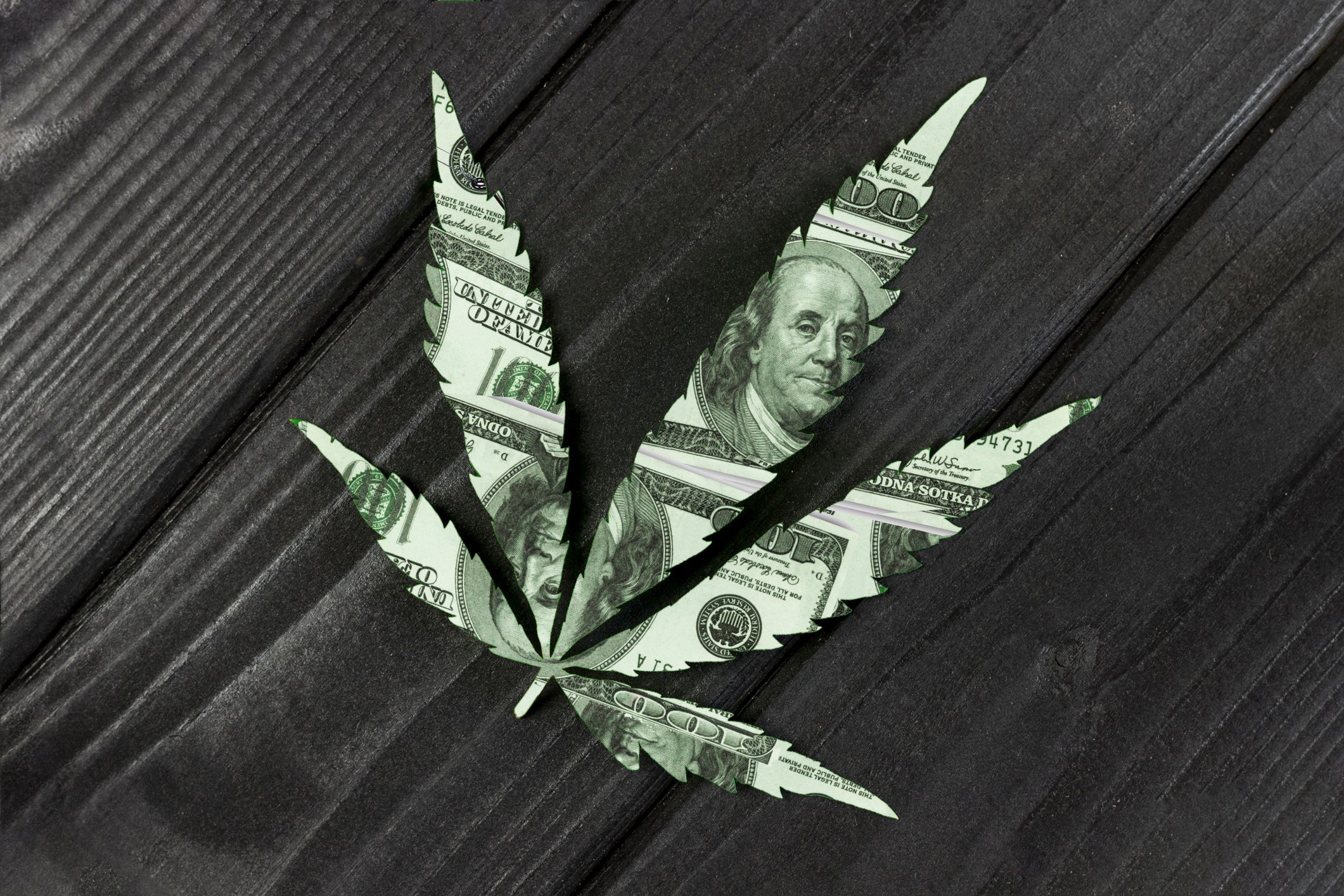Harvest Health & Recreation (HRVSF +0.00%) announced on April 28 that it would be divesting some of its retail assets in Calfornia. The multistate cannabis operator will be selling 13 dispensaries to Hightimes Holding Corp. The deal didn't look all that enticing for Harvest, with the company receiving $5 million in cash, a $7.5 million promissory note, and $67.5 million worth of preferred shares.
It's a bit of a puzzling move. Let's take a closer look at this deal -- and Harvest -- to see whether this was a good decision and if investors should ditch the stock.
Company plans to focus on core markets
In its press release announcing the news, Harvest CEO Steve White stated:
This planned divestment of select retail assets in California allows Harvest to focus on optimizing operations and expanding assets in core markets such as Arizona, Florida, Maryland, and Pennsylvania while retaining a smaller retail presence in California.
The Arizona-based company has its largest presence in its home state, with 14 dispensaries located there. Currently, it has four locations in California.
It's not an uncommon move of late for cannabis companies to divest assets or back away from deals. Canadian pot giant Canopy Growth (CGC 0.87%) announced in April that it would be divesting from South Africa and Lesotho, and that it would be scaling back operations in New York and Colombia as well as shutting down a facility in Canada.
The moves should help Canopy improve its cash flow and get closer to breakeven.

Image source: Getty Images.
Simplifying operations can help companies improve their financials. It can bolster their cash flow numbers and bottom lines -- both of which are key areas of concern for investors as the COVID-19 pandemic wreaks havoc on global economies, jeopardizing the performance of cannabis and other industries in the next year or two.
Businesses are saddling up for some tough times ahead, and that's certainly what Harvest looks to be preparing for. While it didn't get a whole lot from the deal that can help it today, the move will likely help Harvest cut back on overhead and expenses, which can go a long way toward breaking even. In 2019, the company posted a net loss of $173.5 million, more than its loss of $67.5 million in the previous year.
Is Harvest Health in trouble?
In its year-end results released April 24, Harvest Health reported cash and cash equivalents totaling $22.7 million as of the end of Dec. 31. That's a fraction of the $191.9 million it had one year earlier. Harvest's burned through lots of cash in just one year, and it wouldn't be a surprise if that was part of the reason behind the deal.
Five million dollars won't save the company, given that it has burned through $99.6 million in the past year just from day-to-day operating activities. But when combined with a decrease in cash burn thanks to the sale of the assets and the resources the company would've needed to manage them, it could have a significant effect on cash flow. It's likely not going to be enough to keep Harvest's operations afloat, though.
In the management, discussion, and analysis (MD&A) segment of its annual report, Harvest stated:
As of December 31, 2019, cash generated from ongoing operations was not sufficient to fund operations and, in particular, to fund our growth strategy in the short-term or long-term. We are required to raise additional funds from debt and/or equity financing. The primary need for liquidity is to fund working capital requirements of the business, including operational expenses, operationalizing existing licenses, capital expenditures, debt service and acquisitions.
The translation for investors: Expect the company to issue more shares this year and take on debt in order to keep operating. And that means its falling stock is likely to head even lower this year. Harvest Health's shares are down more than 60% since the start of the year, which is much worse than the Horizons Marijuana Life Sciences ETF (HMLSF 2.56%), which has declined 30% over the same period.
Was the move to sell its dispensaries a mistake?
Given its modest footprint in California and the pressing need to improve its cash flow, it's clear that Harvest did what it had to do in selling those dispensaries. While the company generated impressive revenue growth of 149% in 2019, the priority given current economic conditions has to be getting through this year. And to do that, Harvest needs to get leaner and tighten up its operations.
It wouldn't be surprising if the worst is yet to come. The longer the COVID-19 pandemic drags on, the more perilous the situation will become for all businesses, not just pot stocks. For that reason, management's decision to sell the dispensaries wasn't a mistake, but that doesn't make it a good choice either. It was just something Harvest needed to do.
The sale of the dispensaries will help Harvest Health in the short term, but it shouldn't give investors any comfort as to the safety of the stock over the long term. Harvest's a risky stock to own today, and it's one I'd stay far away from until it starts to show that it can start generating positive cash flow.








